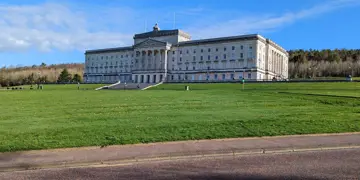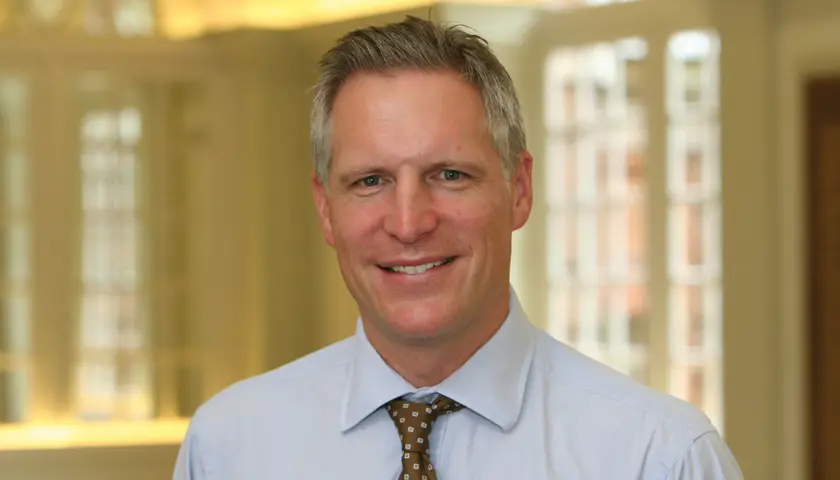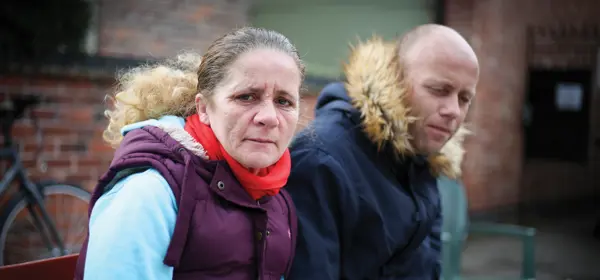
Back in business
Now Stormont is sitting again, can political leadership in Northern Ireland pull general practice out of its malaise?
Since the suspension of devolution in Northern Ireland two years ago, around 20 general practices have collapsed or handed back their contracts to deliver GP services.
This, says Alan Stout (who chairs the BMA Northern Ireland GPs committee), is a catastrophe. ‘We only have around 300 practices, so that’s a big proportion. It’s never a decision that’s taken lightly. The GPs doing this feel it badly, for themselves, their staff, and because they feel they are letting down their patients, who they’ve known and looked after for years and years. It really is very difficult.’
This month there has been a big change in Northern Ireland. Devolution has finally been restored; Stormont is sitting again. There’s a health minister, a health committee, and warm words both from the new first minister – Sinn Féin’s Michelle O’Neill – and her deputy Emma Little-Pengelly, about the need to improve health services.
There is a lot of unhappiness among doctors in Northern Ireland. Juniors are balloting on strike action; consultants and SAS doctors are considering industrial action. Waiting lists are the worst in the UK and there is a workforce crisis which is only exacerbating an already parlous situation. As seen above, general practice is in crisis. So what difference will the restoration of devolution make?
‘The bottom line is that you can’t run a health service without the politics,’ says Dr Stout. ‘Northern Ireland was left without any political leadership and I think we’ve proven that you just can’t run a health service without it – it’s a massive public institution and there has to be political accountability.
‘We’re not kidding ourselves – restoration of devolution isn’t a magical panacea; it’s not going to suddenly solve all of the problems. But it can start to give us a better direction, and adds in that vital piece of accountability that we really need at the moment, because we’re going to be having some really, really difficult conversations among ourselves and with the public.’
Dr Stout, who is also deputy chair of the BMA Northern Ireland council, has several clear ‘asks’ of the newly appointed health minister Robin Swann. ‘The absolute top-line is retention of staff. We have to look after and retain the healthcare staff we have, including doctors, because we are losing them quickly. The other priority is funding. It’s not only getting the total right; it’s also making sure that you can get a recurrent budget that allows for proper planning and proper change.’
Dr Stout’s practice in East Belfast is an interesting melting pot of ‘old’ and ‘new’ Belfast, of deprivation and prosperity. He points out the window of his modern premises, part of a block owned by the local health trust, housing multiple practices and services. ‘If you look that way, you can see the Titanic building, and the big Harland and Wolff cranes, Samson and Delilah.
And if you walk that way, you’re basically into the old, terraced housing – a very deprived part of Belfast. But if you go in that direction you get up to Ballyhackamore, a thriving metropolitan part of Belfast, with more expensive housing and affluent people. So, we get a real mix – it just depends what direction they are coming from.’
We spend a few minutes looking out of the window trying to spot Stormont, which he says is a ‘stone’s throw’ away, but just tantalisingly out of sight. Nevertheless, the hope must be there that the politicians who inhabit it will be able to make positive change.



